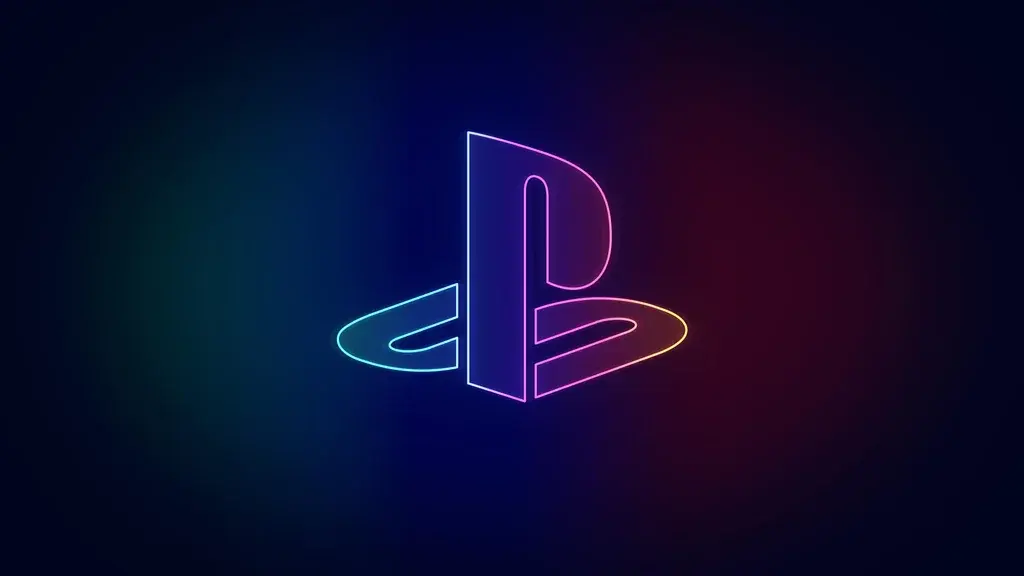I was really looking forward to the Playstation Portal. However, the missing bluetooth functionalty is a dealbraker!
I already have great Sony WF-1000X. why should I buy extra headphones just for the portal? (which I then have to carry around as well…)
Now the real questions:
- Playstation Link should be better in terms of lag. Is the difference really this big in comparison to bluetooth?
- is it possible that Sony will enable bluetooth-support via a software update (or is the hardware for bluetooth missing?)


I’ve tried Bluetooth on my phone with remote play and it has been a horrible experience with huge audio latency. There is definitely an argument to be made against Bluetooth for gaming. Even on the Switch, which added Bluetooth after launch, has issues. Now what they should have done is support USB-C audio out so that people could use the USB-C dongles that come with many gaming headsets like the Arctis 7. Unfortunately the USB-C port is for charging only.
With all that being said, I bought the portal for mainly use within the house, and I just leave my Arctis 7 USB-C dongle in the actual PS5 and turn the portal volume down to 0. When I establish the remote play connection I just go to audio out settings and tell it to send audio to my headset. Audio has been flawless. If you are looking to game outside the house, you’ll have to go wired or pony up for PS Link compatible headsets. Or just use the external speakers.
To answer some of your questions.
If you have any other questions let me know. I have the portal available to test. I have been loving it mainly for the gorgeous screen, ergonomics, and haptics. They do need to allow for higher bitrate streaming to make the stream more fluid, and they need to auto disable 120hz and HDR modes on the PS5. Right now if you leave those modes enabled you get weird frame rate issues that some are confusing with lag, and you get blown out whites and crushed blacks (the same as if you viewed HDR content on a non HDR display). I expect those issues to be fixed in software as third party remote play applications, like PSPlay for Android and Chiaki for PC, don’t experience these issues.
Bluetooth itself is not the problem with the layency, it’s the used codec that is optimised for music,. Latency doesn’t matter in that case. It would be easily possible to implement a low latency bluetooth that is suiter for gaming.
LL bluetooth is still horribly bad, which is why all wireless gaming headsets skip it in favour of other setups.
sony does their own audio codec over bluetooth - that works well, but bluetooth LL just sucks
Thanks a lot for the comprehensive reply.
I have a follow up question: Why is latency not a problem while watching a video on your Smartphone using a bluetooth headset? If I don’t have any problems wahtching a movie with a bluetooth headset I don’t expect to have any problems while gaming. Whats the difference between watching a movie and gaming?
There is smart technology on phones that calculates the delay in audio and it delays playback of the video feed to match the audio feed. This is possible because you can buffer a video. With a game you can’t buffer the gameplay as it all happens instantaneously and it needs to constantly watch for your inputs, which likewise can’t be buffered.
There are some Bluetooth codecs that do support low latency so I don’t want to say this is a universal Bluetooth problem, but it is a pervasive one. Cheaper Bluetooth earbuds and even most mid to high end ones prioritize sound quality over latency and therefore don’t support low latency codecs. Likewise the transmitting device ALSO needs to support the codec, so even if you found earbuds that work, the device isn’t guaranteed to be compatible. For the consumer this is a very confusing process and I personally think Sony just didn’t bother with it to avoid the confusion…and to push their own standard (PS Link) and sell their own headsets because they are a profit oriented business after all.
If you want, download the remote play app for your phone and test it out yourself to see what I mean.